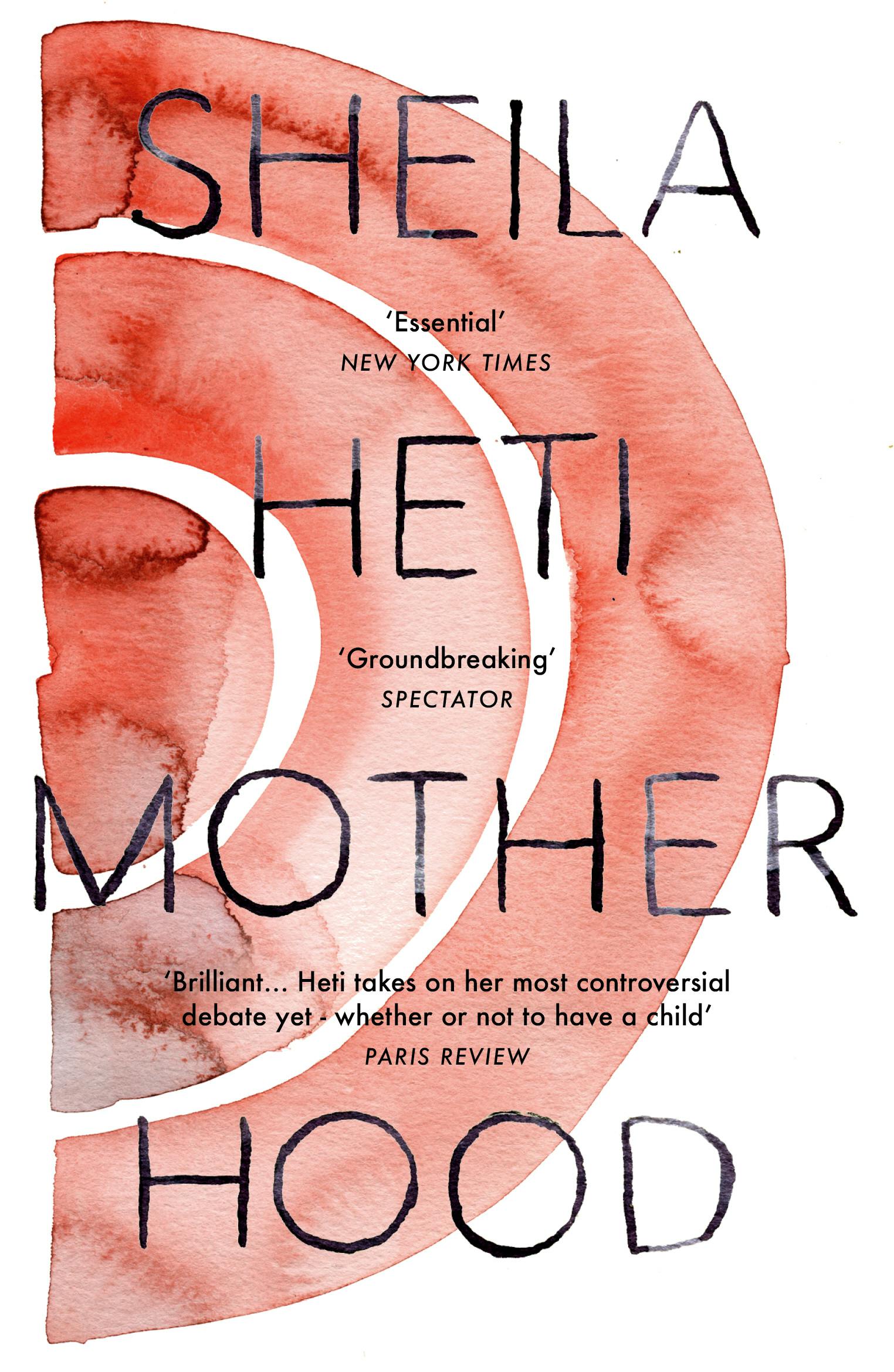
Motherhood
Sheila Heti
My main takeaway from this book was the importance of a good childhood. Her mother was depressed and not able to live out her goals and ambitions, which led to resentment of the author. The book is written as an exercise to find out how the author feels in regards to wanting children or not. Early on I got the feeling she had already made her mind up, and never wanted a child but the book nonetheless does a good job of talking through the pressures/questions/concerns a woman would go through when making this decision. Women do have to choose early on, which is shit. No denying that, but also personally I (a bloke) wouldn't want to leave it late because I don't want to be an elder parent.
She asks some good questions throughout the book, two favourites include: Can you grow beyond your parents? - Sheila thought not, I think you can. Do you have to choose between a soul mate or a child? - Sheila thought so, I don't. (but ya know you obviously have to be a realistic)
I think though, maybe I'm an optimist? Sceptical, but still an optimist... it's a thing.
Other key things that stood out for me: Don't ask questions you don't want answers to (the chairs from the old man, yikes). If you want to know what your life is, destroy everything and move away and see what builds up again. If it's the same again, that's your life. All men are out there to ruin the bright and shimmering path of a woman - don't necessarily agree with this, but it's interesting to read the viewpoint. You don't have to choose between art and being a parent, the author thought that specifically because her mother made her feel that way, that is not the case.
My optimism shines here again possibly, but 'breeding is turning away from the living' isn't right in my opinion. You would be bringing new life into the world with someone you care about the most in the world (in theory obviously). On the 'romantic side', wouldn't you want people around that are 50/50 with the person you 'love the most?'
You might turn away from people in your life at the time, but you open up to other people with children, family, you get a better understanding of your parents/ancestors I assume?
A woman's main activity of life is not motherhood. Any woman can be a mother if they so choose, it is the activities around her that define her, and 'mother' can be one of those things.
The state should pay for paternity and maternity leave. Two people can help hundreds of people, but also if you nurture and love your children correctly with the right opportunities they can help millions. Although that's a lot of pressure on the kid. You should just want them to be happy.
It's good to question things, tying the chicken legs so that they fit in the pot.
Sheilas's friend that 'heard the sound' whilst fucking and wanted to get pregnant then and there… they had the baby but they ended up separated shortly after. This does work for people, but then is this best for the child? It comes back to my main takeaway from the book... upbringings.
The other big thing that led me to think the upbringing had an effect on her was later on in the book it's revealed that Sheila has depression and she starts taking antidepressants. Once she starts taking her medication she begins to feel happier, and is able to accept love and stop questioning her worries and doubts. This isn't to say she was 'unhealthy' and didn't want a baby and if she'd have been 'healthier' sooner she'd have had a baby, but I feel this is an important point that detracts from some of the questions asked in the book. As said above, her mother was depressed and not able to live out her goals and ambitions, which led to resentment of the author. This is really sad, children are more perceptive then adults think and because the mother didn't get a chance to live out her goals and felt restricted by her child, Sheila picked it up and it might or might not have had an effect on her. End of the day though, Sheila seems happy with her choices and she should be. Great book, great recommendation, and got me thinking about things I hadn't seriously taken time to consider before now.